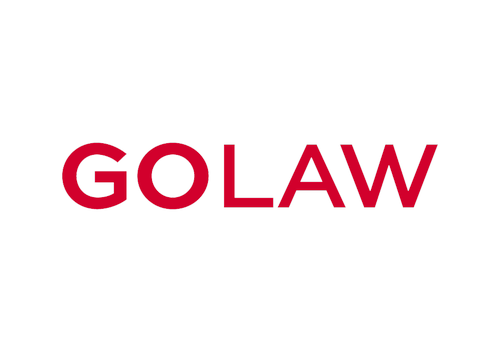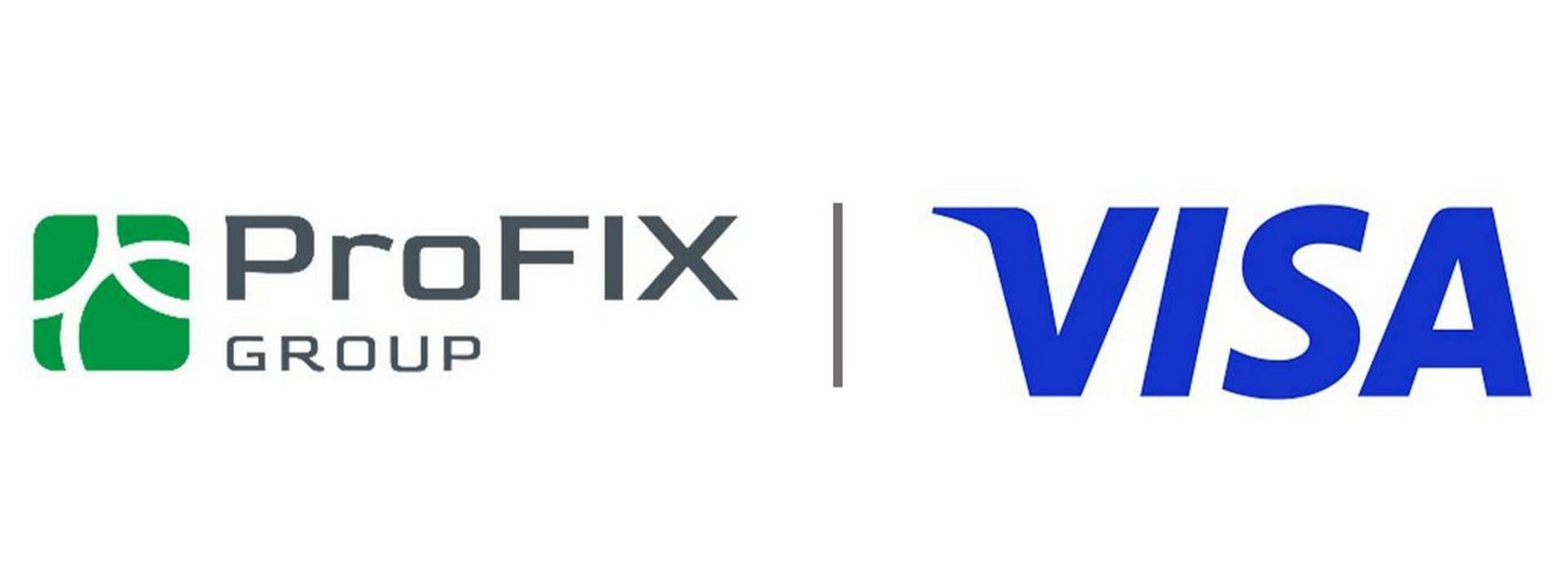The issue of regulating the virtual asset market has been brewing in Ukraine for quite some time, as Ukraine is one of the world leaders in the use of crypto assets and public awareness of issues related to the circulation of virtual assets. According to the data of TripleA analytical portal, Ukraine ranks among the top countries in the global ranking of cryptocurrency ownership among the population. The portal describes Ukraine as a “global cryptocenter” where cryptocurrency ownership among the population comprises 15.72% (more than 6.5 million Ukrainians).
The adoption of the Law “On Virtual Assets” (hereinafter – the “Law”) and its subsequent signing by the President of Ukraine was the first step towards legalizing the respective legal relations between all market participants, protecting the interests of such participants and attracting additional investments in the respective area. The Law will be fully effective only after the adoption of a regulatory act amending the tax legislation in terms of taxation of transactions with virtual assets. Nowadays, it is not known for certain when such a regulatory act will be adopted. In this regard, all crypto assets market participants (current and potential) have the opportunity to get acquainted with all the benefits and risks of the Law.
Which issues were regulated by the Law?
First of all, the Law provided for the concept of a virtual asset, i.e. grants it a legal status, and establishes its classification, creating opportunities for the protection of rights to crypto assets and will further facilitate the process of income (profit) taxation derived from activities with the respective assets. Quite simply, every owner of virtual assets (crypto assets or other tokens) will be able to protect and assert their rights to such assets, including in court.
A virtual asset is defined as an intangible good that is an object of civil rights, has its value, and exists only in electronic form as a set of data. According to the respective definition, all cryptocurrencies, NFTs and other tokens, game skins, etc. can be considered virtual assets. By granting legal status to virtual assets in Ukraine, the Law has effectively legalized those areas of virtual assets circulation that are already actively operating and developing in Ukraine but still are not controlled by the state. Given this legalization, the legal circulation of the relevant assets has become possible throughout Ukraine. This includes the ability to purchase, alienate, and exchange virtual assets while receiving legal protection for such transactions.
Moreover, the Law defines the procedure for conducting a public offering of virtual assets (initial coin offering) and sets requirements for the publication of information about virtual assets. Hence, in the case of a public offering of virtual assets, the person making such an offer is obliged to prepare and publish the information specified by the Law, which includes, inter alia:
- the name of the person making the public offering;
- address of the website of the person making the public offer;
- general information about the virtual assets offered for sale and a description of the rights certified by these virtual assets (if any);
- terms of acquisition and disposal of virtual assets;
- information on possible risks associated with the acquisition of virtual assets, etc.
The Law envisages explicitly that virtual assets shall not be deemed as means of payment in Ukraine and cannot be exchanged for property (goods), works (services). However, it allows entering into transactions where virtual assets may be the subject matter of the agreement (purchase and sale of virtual assets, donation, etc.).
The adoption of the Law creates new business opportunities, including a legally regulated sphere of services related to the turnover of virtual assets, which can be provided by both resident and non-resident companies, subject to obtaining the appropriate permit from the National Securities and Stock Market Commission (hereinafter – “NSSMC”). Such services include:
- storage and/or administration of virtual assets or virtual asset keys;
- provision of services related to the exchange of virtual assets for other virtual assets and currency values;
- provision of virtual asset transfer services;
- provision of intermediary services related to virtual assets.
Types of virtual assets
The Law divides all virtual assets into two groups: secured and unsecured virtual assets.
Unsecured virtual assets do not certify property rights. In other words, such virtual assets have only the value invested in them by the person who creates and stands behind them. An example of an unsecured virtual asset within the meaning of the Law is Bitcoin. The value of such an asset will be determined not by a specific tangible thing (unlike secured virtual assets) behind such an asset, but by the market itself, i.e., the supply and demand for such an asset, and the trust in it.
Secured virtual assets, on the other hand, certify property rights, in particular, the right to claim other tangible or intangible goods. The certification of property rights means the confirmation of the right of the secured virtual asset’s owner to claim the collateral item. Quite simply, a secured virtual asset has the value of the property with which it is secured.
Any tangible or intangible good, which is deemed as the object of civil rights in Ukraine, may be used as collateral item for such an asset. For example, movable or immovable property, property rights, etc. If a virtual asset is secured by real estate, for instance, the owner of such a virtual asset is not considered as the owner of such real estate. However, such an owner has the right to demand the transfer of the respective real estate. In this case, the collateral item is inextricably bound with the virtual asset itself and should be determined in the deed under which the virtual asset was created.
Who can provide services related to virtual assets?
Legal entities, both residents and non-residents, can provide services in the sphere of crypto assets turnover. For these purposes, a company is obliged to obtain a permit from the regulator of the virtual assets market – the NSSMC. When providing services related to the circulation of virtual assets without the appropriate permit, companies will have to pay a fine in the amount of UAH 34,000 to UAH 119,000.
A separate permit is issued for each of the four different types of services mentioned above. At the same time, companies are not prohibited from carrying out several types of activities simultaneously, provided that they received a separate permit for each of these types of services.
The cost of the permit depends on the type of service that the company plans to provide, as well as on the company’s residency and varies from UAH 68,000 to UAH 136,000 for residents of Ukraine and from UAH 340,000 to UAH 680,000 for non-residents.
Furthermore, the Law establishes requirements for the size of the company's authorized capital, depending on the type of services it plans to provide. For example, the authorized capital of a resident company planning to provide intermediary services related to the turnover of virtual assets must be at least UAH 595,000. For non-resident companies, the respective amount requirement is almost 5 times higher and comprises UAH 2,980,000. The legality of the origin of funds used to form the authorized capital must be documented and proved.
If the company plans to provide services related to the turnover of virtual assets secured by currency values, it should be borne in mind that only a financial institution has a right to carry out such activity. In this case, a special license from the National Bank of Ukraine is also required.
The Law prohibits companies, which are bound in some way with the russia federation (registered in its territory, controlled by its residents, having founders (participants) or ultimate beneficial owners residing in the russia federation, etc.), from being a virtual assets services provider.
These requirements apply exclusively to service providers, but not to persons carrying out transactions with virtual assets in their own interests.
Legal consequences of the Law's adoption
Despite certain unresolved issues, the Law creates significant advantages for the development of the crypto business (including investments) and the circulation of virtual assets in Ukraine.
Among the positive developments, the following should be highlighted:
- companies and individuals will be able to declare and legalize their income from the sale of virtual assets;
- all market participants will receive legal status and will be able to protect their interests and rights to any virtual asset in court and other public authorities;
- market participants will be able to officially cooperate with banks (open accounts, take loans, etc.);
- companies providing services related to the circulation of virtual assets will be able to attract investments and capitalize their business;
- all market participants will have the opportunity to make decisions based on open consultations with government agencies;
- crypto-companies will receive the opportunity to acquire the status of Diia City resident (the free zone with the special tax and economic conditions);
- crypto exchanges and crypto markets will be able to legalize their activities and provide services on a legal basis.
However, the law as well creates risks for many crypto investors in Ukraine. Among the main risks is the loss of anonymity, which, in fact, was one of the main advantages of virtual assets. Given the global trends, some crypto exchanges are already conducting KYC procedures and providing access to trading platforms only if the client discloses certain private data about himself. Shortly, the respective requirements for all crypto exchanges may appear in Ukraine.
Besides, the issue of taxation of transactions with virtual assets still remains unclear.
What should one be prepared for?
Companies already providing services in the virtual assets market, as well as those interested in developing their business and attracting investments, should consider the opportunities provided by the new Law. Since the beginning of the full-scale aggression of the russian federation, the circulation of virtual assets in Ukraine has taken on a new form. The Ukrainian government quickly realized that cryptocurrency donations are the easiest and fastest way to cope with the flow of international donors, and as of August 2022, more than USD 100 million in cryptocurrency was donated to finance Ukraine's military needs. Therefore, given the number of virtual assets market participants, which are already operating in Ukraine, we can predict that public interest in this market will remain at a high level.


























